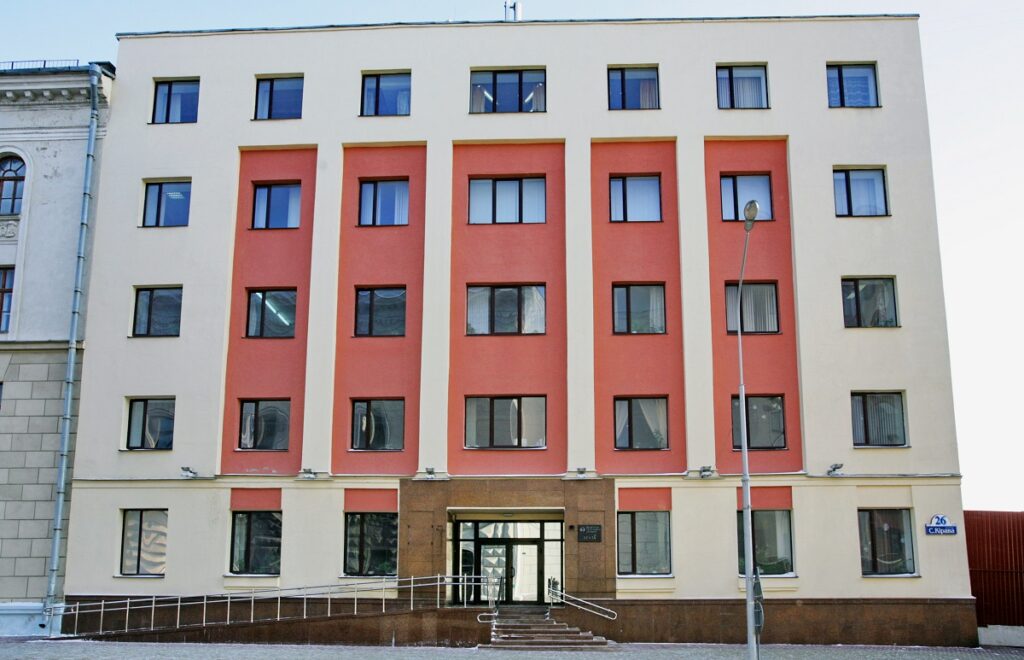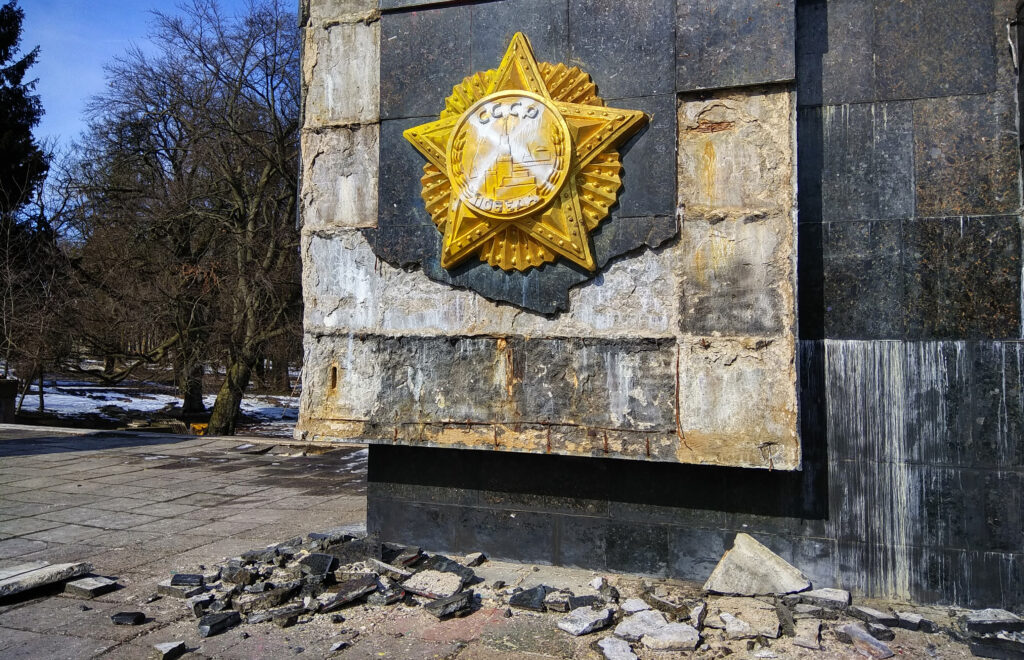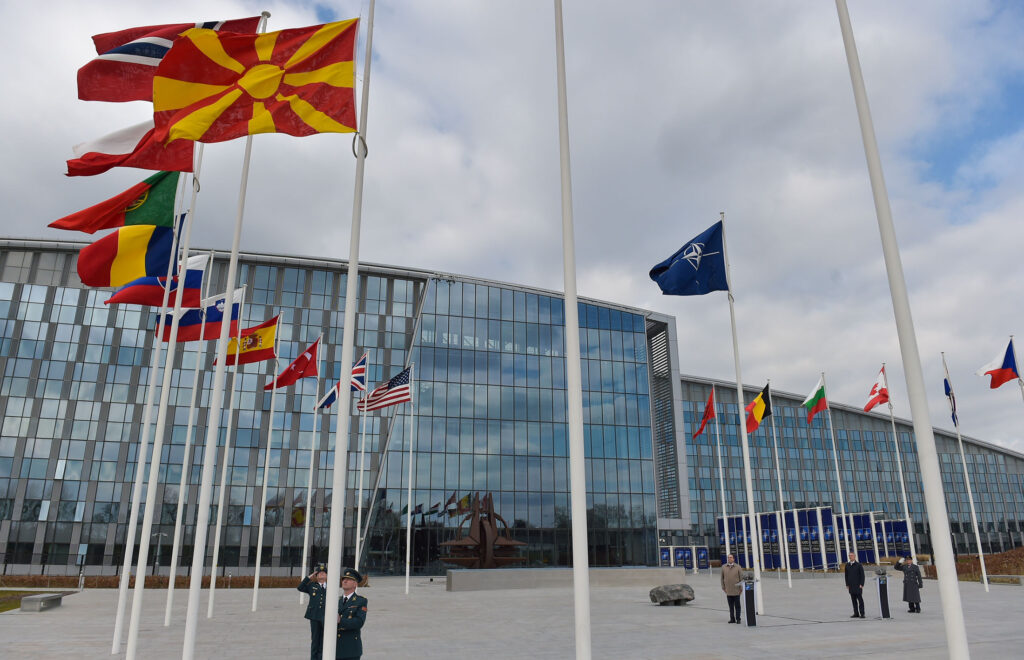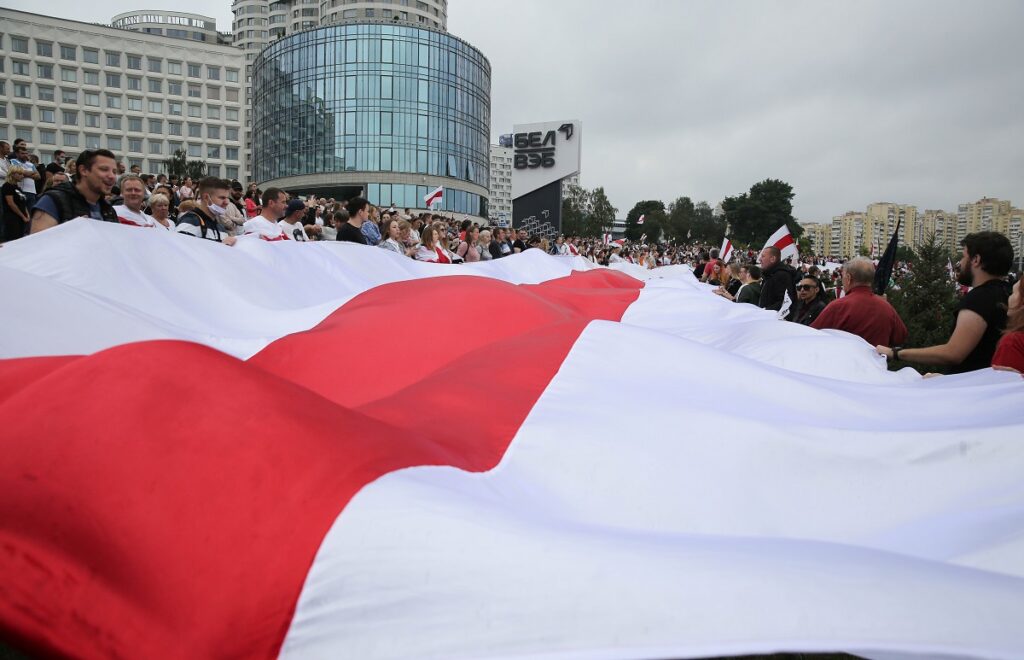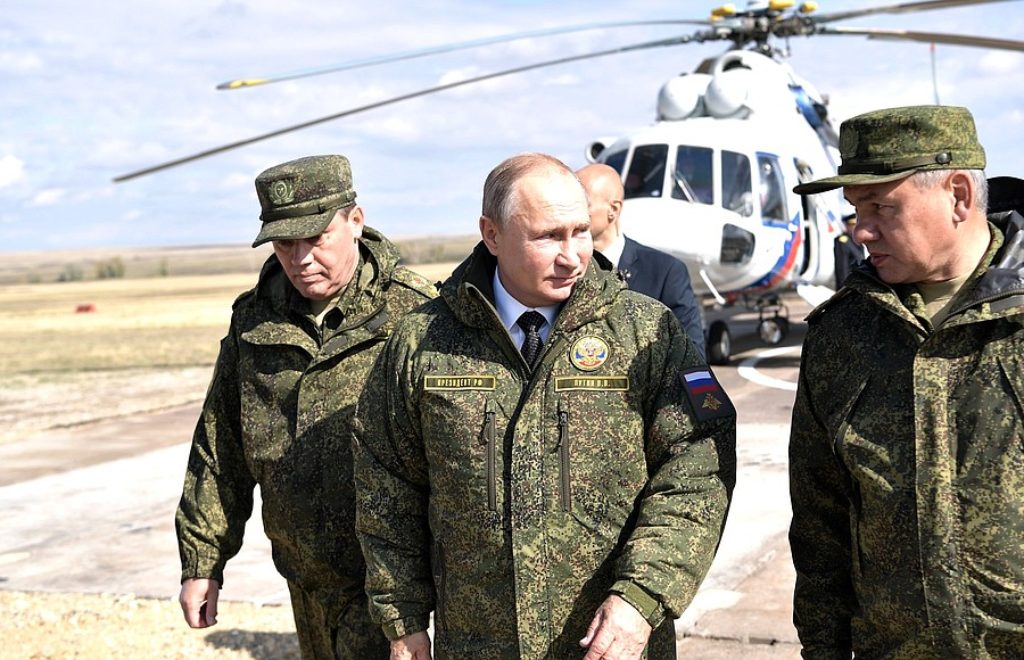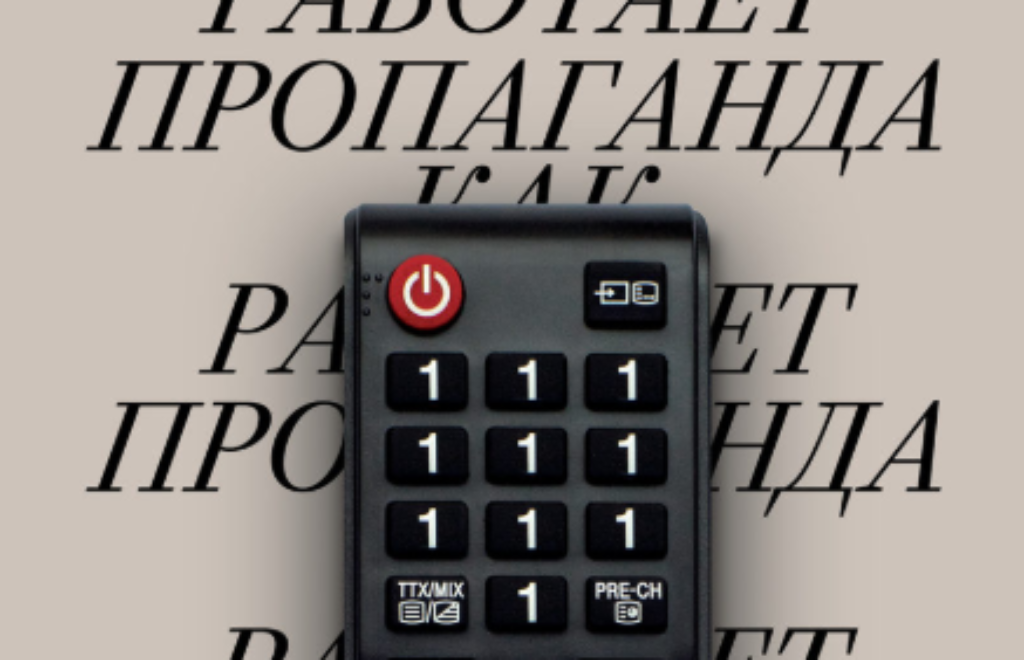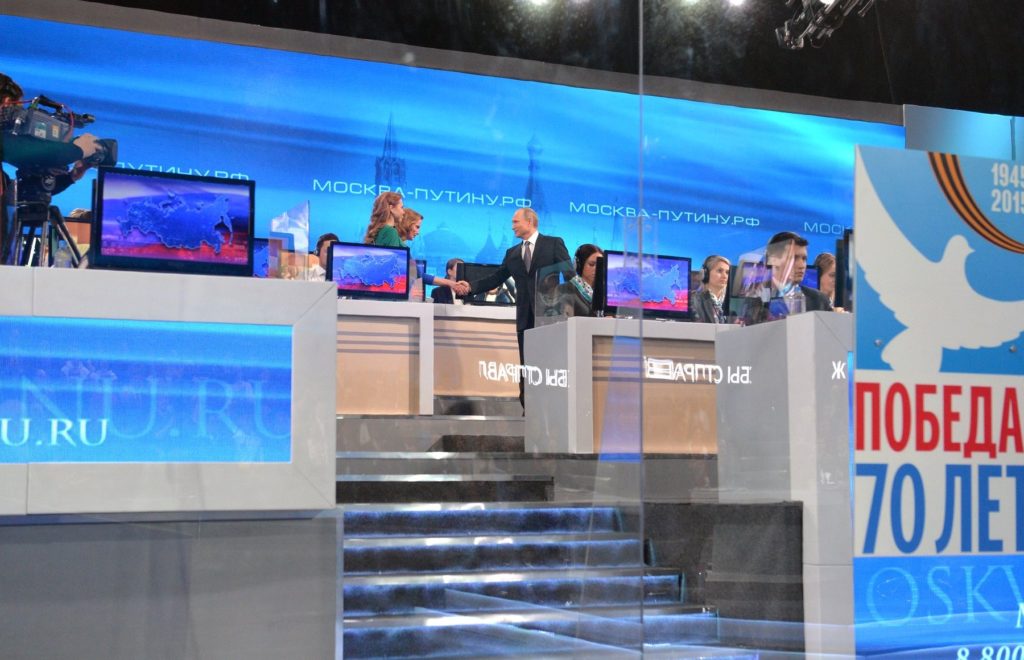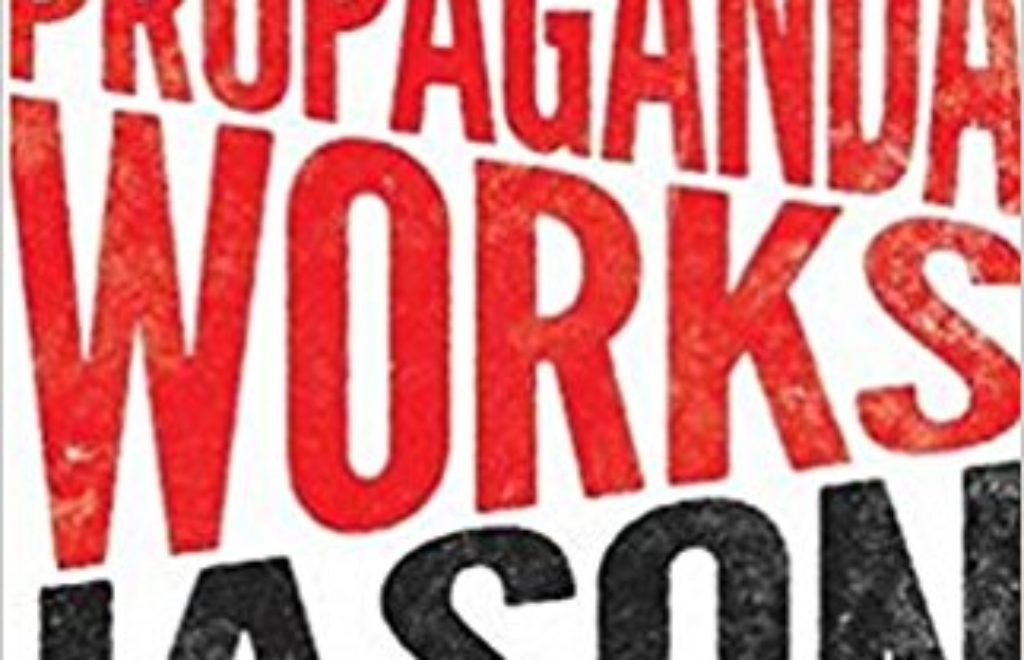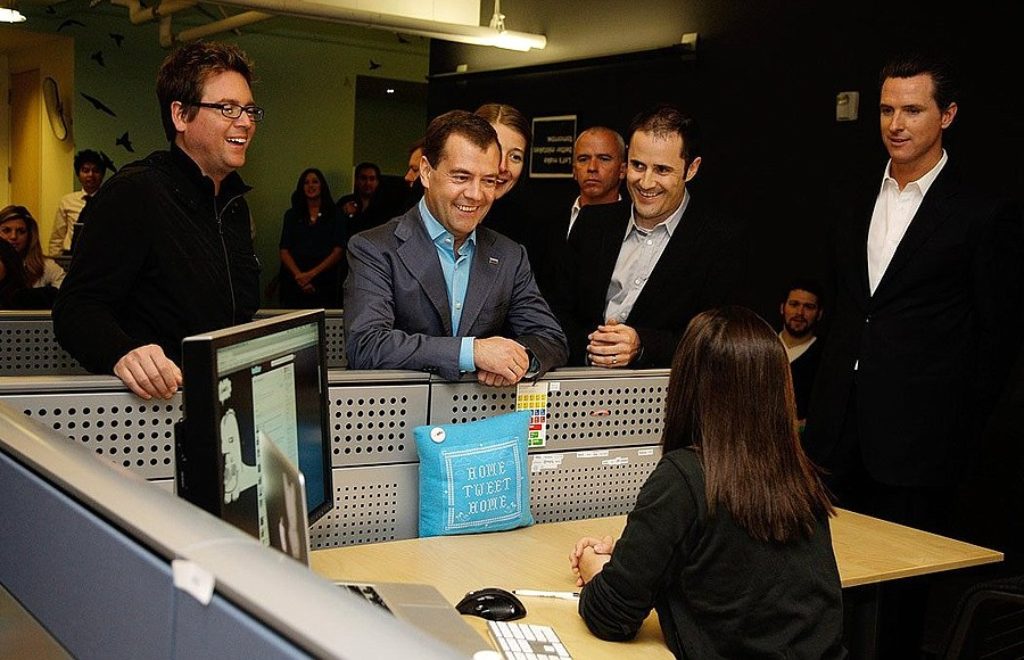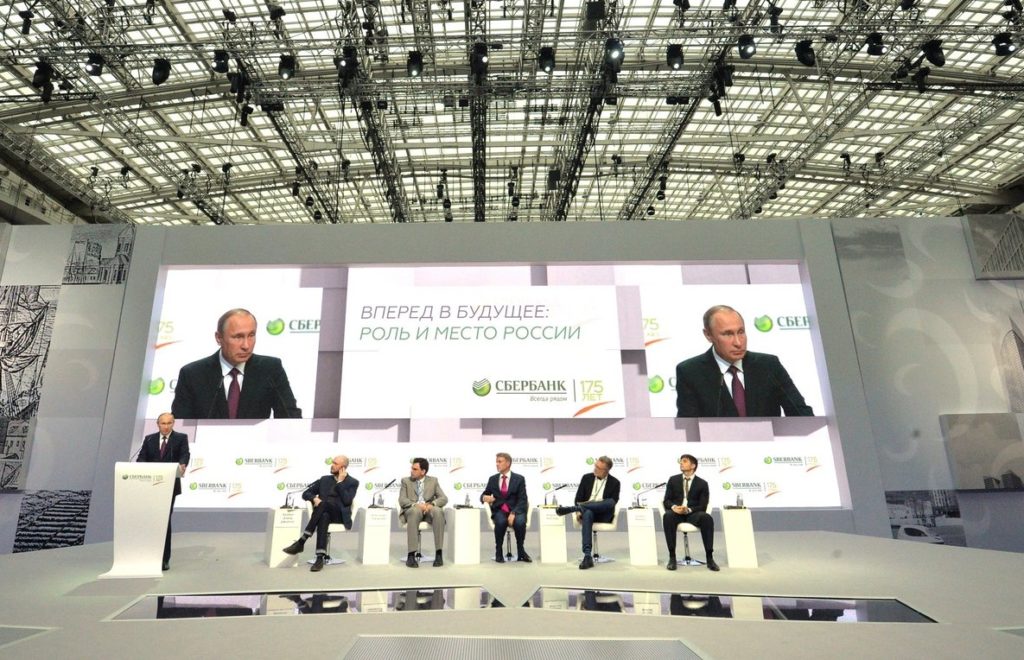The world according to BelTA
On December 27th 2023, thanks to the service of the Belarusian Telegraphic Agency (BelTA), the world learned that Alyaksandr Lukashenka had opened a New Year's Eve ball for youth at the Palace of Independence in Minsk. The group also reported that the participants of the event danced the traditional caddy and mazurek dances, alongside the styles of modern rock and roll, mambo, boogie-woogie, lambada and twist.
February 7, 2024 - Justyna Olędzka


